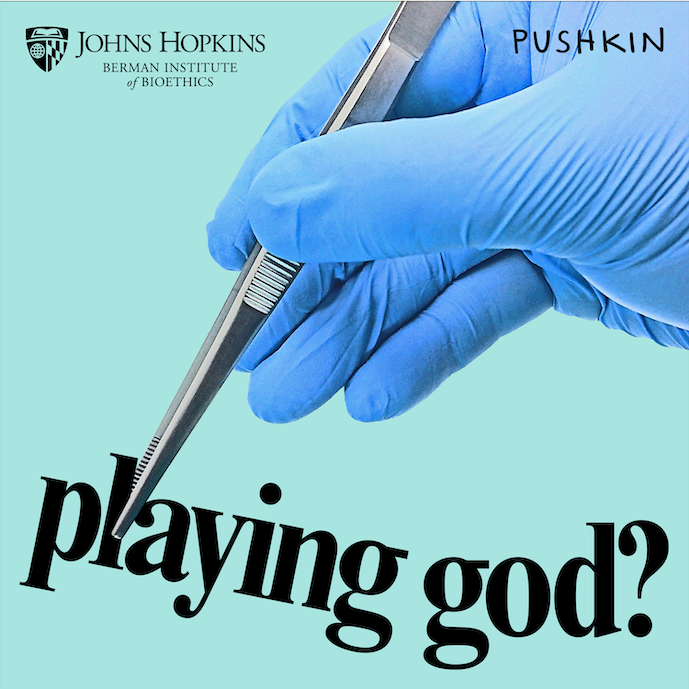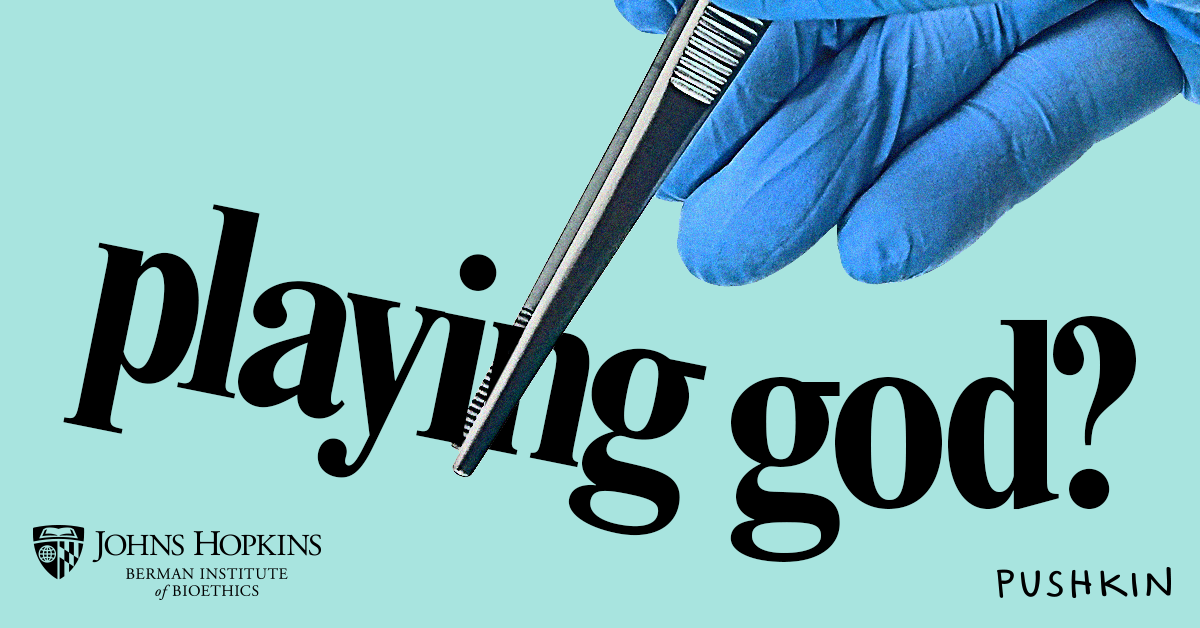As a world leader in bioethics, the Berman Institute of Bioethics is dedicated to achieving more ethical practices and policies relevant to human health and well-being.
What is bioethics? It’s complicated.
Not even all bioethicists agree on its definition. However, some broadly accepted outlines have emerged as the field has grown in prominence since the 1970s.
New medicines, biomedical procedures, and ways of altering plants and animals are bringing benefits to millions of people. However, these same innovations also have the potential to bring harms or to raise other kinds of ethical questions about their appropriate use.
Bioethics is the multi-disciplinary study of, and response, to these moral and ethical questions.
Bioethical questions often involve overlapping concerns from diverse fields of study including life sciences, biotechnology, public health, medicine, public policy, law, philosophy and theology. They arise in clinical, research, and political arenas, usually in response to advances in biology, health care, and technology, particularly biotechnology.
Although bioethics began as a multi-disciplinary field of study, it is now a full-fledged discipline in its own right. As technology advances ever more quickly, and questions involving its implementation become more complex, bioethics will continue to grow and become increasingly important.
Learn more below about bioethics and the Berman Institute’s leading role in the field.
Study Bioethics at the Berman Institute
Preparing students for bioethics challenges in professional and civic life.
Rigorous training in quantitative and qualitative empirical research.
Intensive immersion in bioethics focused on research and publication.





Meet Our Faculty
Arising almost 30 years ago from an informal bioethics interest group of faculty members dispersed across Johns Hopkins University, the Berman Institute has 47 faculty holding joint appointments at the Hopkins schools of Medicine, Nursing, Public Health, Arts and Sciences, and Advanced International Studies. They are among the most distinguished scholars in the field.